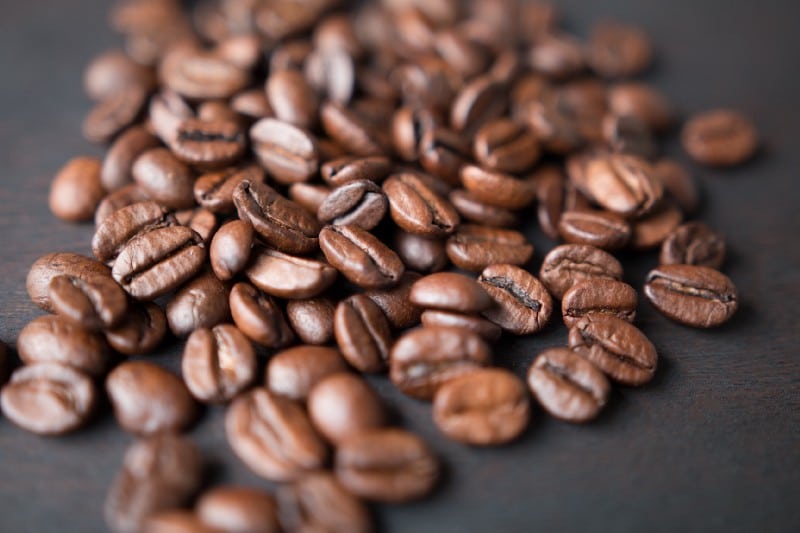Fascinating facts about our favourite hot beverage
For most of us, a cup of coffee is part of a good start of the day, or even the prerequisite. Apart from the treat of the taste, it is consumed for its energizing function. No wonder, experts hotly debate its effects on our health. We gathered some facts and tips about this liquid delight:

Fun Facts
Over 75% of Germans drink coffee daily, half even several times a day. This makes Germany one of Europe’s top coffee consuming countries, with 160L per person a year. Apart from the widely known substance caffeine, coffee contains more secondary phytochemicals like chlorogenic acid, caffeine acid and alkaloids.
Coffee grows world-wide in equatorial climates, with Brazil as the main producer. Almost one third of the world’s coffee production comes from this country. In total, coffee is grown on an area of 10 million hectares. It takes 3 to 4 years until a coffee plant produce its first yields, and the same time again until it reaches its maximum volume of production. For 1 kilo of roasted coffee, 5 kilos of coffee cherries are processed. There are 25 million coffee farmers world-wide, but less than half are paid fair wages.
Bad news first
The list of coffee’s negative effects seems endless: it supports high blood pressure, releases the stress hormones Cortisol, Adrenalin and Noradrenalin, can cause palpitations and cardiac arrhythmias, fatigue, insomnia, irritability, head-aches and stomach pains. High consumption over a longer period of time can contribute to constipation and premenstrual syndrome. BUT: All these effects differ from person to person. And they depend on frequency of consumption and quality of the coffee. Scientists have decoded the genes to determine the metabolism of caffeine. While some people process caffeine quickly and thus have no higher risk of cardiovascular diseases, others take longer. The latter should pay close attention to their coffee consumption and its effects on their bodies. If you get palpitations, your stomach gets queasy, or you get a “doddery” feeling, better ditch this beverage.
The good news
Coffee contains a lot of antioxidants — those secondary phytochemicals that protects us against cancer, slows down the ageing process and reduces inflammation in our bodies. Moderate coffee consumption can lower the risk of Alzheimer’s disease, possibly Parkinson’s disease and Diabetes type 2 as well. Further, studies suggest that coffee has a liver-protecting function which reduces the risk of liver cirrhosis. Of course, the quality of the coffee and the preparation method are key to those effects.
The following tips help you enjoy your occasional or daily coffee with more health benefits:
— Buy organic fair trade coffee, if possible. It is grown without toxic pesticides, but with better conditions for the environment and the coffee farmers. In the end, that also is good for us.
— Choose a bean type with less caffeine: Arabica has half the amount of caffeine than Robusta.
— Choose a gentle roasting process. The so-called “shock roast” heats up the beans to 400 °C for 90 seconds, while other methods roast the beans with 230 °C for up to 25 minutes. The second option is better for the aroma, reduces acidity, and makes the coffee more easily digestible.
— Loose beans or ground coffee also have a better aroma and save us unnecessary waste like pads or metal capsules
For the bold ones out there: Why don’t you try cold brew? Simply steep 100g of ground coffee with 500ml of cold water overnight. In the morning, filter it and pour 50ml of the cold coffee with 100–150ml of hot water. In the cold extract, the flavourings dissolve slower but are being preserved better. This makes for a far more exquisite aroma. You can keep the coffee concentrate for up to 2 weeks in the fridge.
“The dose makes the poison” proves true for coffee as well. As long as we don’t treat it as a food staple, there is nothing wrong with enjoying a good cup of coffee a day. Those of you who drink a lot of it, try switching from quantity to quality. And if you don’t tolerate coffee: lean back and enjoy a cup of tea!




